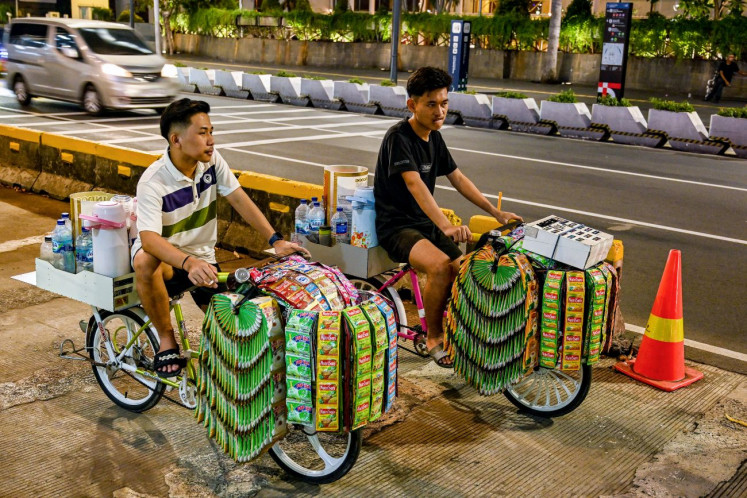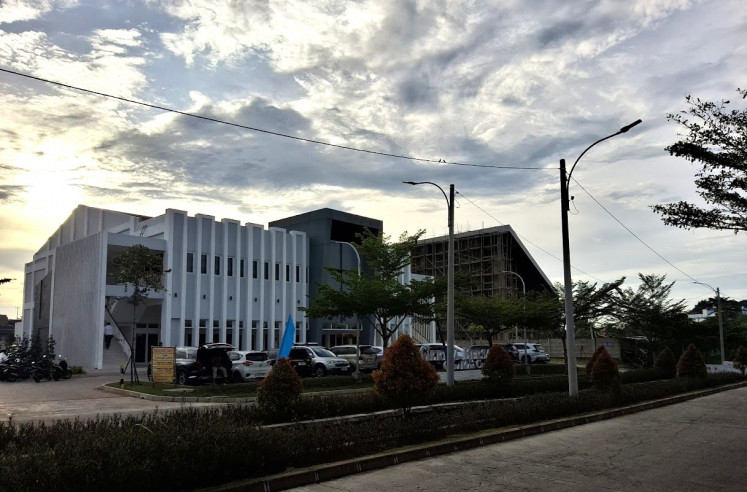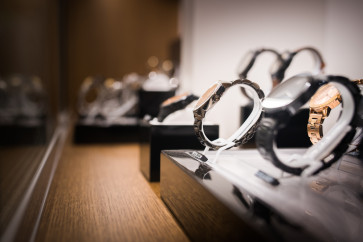Popular Reads
Top Results
Can't find what you're looking for?
View all search resultsPopular Reads
Top Results
Can't find what you're looking for?
View all search resultsCorruption: I consume, therefore I am
Many corruption cases have shown that suspects have the problem of excessive consumerism. Many scholars argue that consumerism and corruption are intertwined, in that they mutually cause one another.
Change text size
Gift Premium Articles
to Anyone
W
e are now halfway through 2019 and the Corruption Eradication Commission (KPK) has already arrested several high-ranking officials for their alleged involvement in various corruption cases. A judge in Balikpapan, East Kalimantan, was nabbed for allegedly accepting bribes in connection with forging a document. Earlier, the regent of Talaud, North Sulawesi, was arrested during a sting operation for allegedly soliciting bribes from contractors.
According to the KPK’s Anticorruption Clearing House (ACCH), 64 percent of the 887 major corruption cases the KPK investigated from 2004-2018 involved bribery. An easy way to detect corruption is to look at the lifestyle of a suspect to see if he or she could be enjoying illegal proceeds.
For example, the Talaud regent, Sri Wahyumi Maria Manalip, was known for her love of expensive jewelry, branded bags, watches and other luxury items. According to the KPK, she once asked for a Hermes bag that no other female regent owned as a bribe.
Many corruption cases have shown that suspects have the problem of excessive consumerism. Many scholars argue that consumerism and corruption are intertwined, in that they mutually cause one another.
For example, some studies suggest that consumerism is a significant motive for corruption, and others insist that corruption fuels conspicuous consumption.
This practice constitutes multiple cultural and behavioral factors underlying an individual’s tendency to engage in corruption. In highly cohesive countries like Indonesia, many public officials strive to maintain their status according to what they perceive to be the norm in their communities, which includes matching their consumption patterns with those of fellow public officials.
Economist Thorstein Bunde Veblen says in The Theory of the Leisure Class that the class divisions that separate the rich from the poor have influenced the consumption patterns of the so-called leisure class.


















